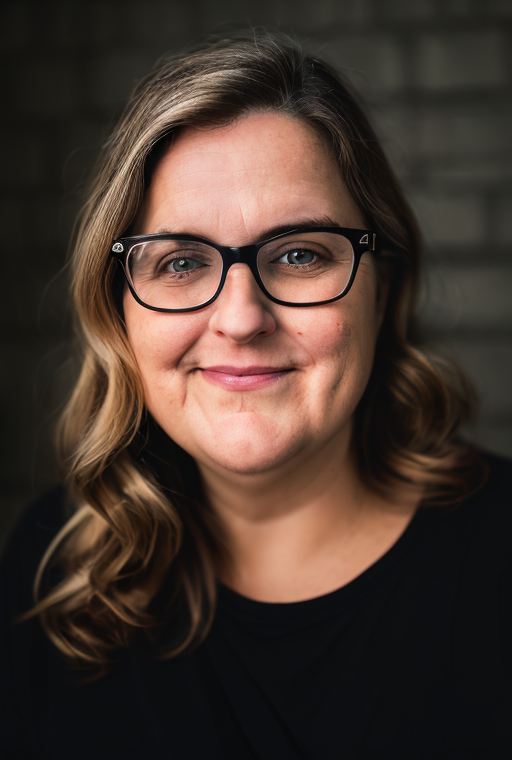First, tell us a little about yourself. 
I’m excited to be here in Texas. I just moved here at the beginning of August. And,
although I am originally from Southern California, my grandfather grew up in the Dallas
area, so it feels very familiar.
Why did you choose to study rehabilitation counseling?
Before I found Rehabilitation Counseling, I taught English at various colleges for
close to 10 years. It is the work that I did in Writing Centers and as a Freshman
Comp instructor that eventually led to me to Rehabilitation Counseling. I saw too
many students with disabilities falling through the cracks of post-secondary education:
students who didn’t access the various school’s offices’ of disabilities, students
who even if they did sign up never accessed accommodations, and students who were
made to feel guilty or less than typical because they requested accommodations. Students
need support, and I wanted and still want to be an advocate for them on the road to
adulthood and careers.
What are your main areas of research, and why did you choose those specific areas?
My main areas of research are psychosocial adaptation to chronic illness and disabilities
(with a particular emphasis on hope), clinical judgment, and transition-aged youth
with disabilities. I have a soft spot for transition age youth and want to address
the lack of research and evidence-based practices for them.
What do you enjoy most about teaching?
The students… It may sound cliché, but they’re so inspiring.
What do you hope your students gain from your courses?
I want them to gain the knowledge and skills to be an exceptional rehabilitation counselor.
What did you do before pursuing a career in academia, and why did you decide to pursue
teaching instead?
Although, I have been a transition support specialist, career coach, and even a patient
service coordinator for a major hospital in Boston, I’ve always been teaching or tutoring
at the same time. I’ve never left it, and I pursued a career as a tenure-track professor
because I want to make a difference in people’s lives, and felt that with my experience
and skills set that it would be the best fit for me. Additionally, from my own schooling,
I also know the power of education and research, so the ability to teach others to
be rehabilitation counselors and do research fulfills that goal of mine.
When you’re not teaching, what do you enjoy doing?
Reading, cooking, crocheting, and hanging with my friends and their babies.
Do you have any fun facts that others may not know about you?
My favorite person is my niece, Quinn. She has told me that I’m the aunt that makes
her laugh the most. She has four aunts, so I take that as high praise.